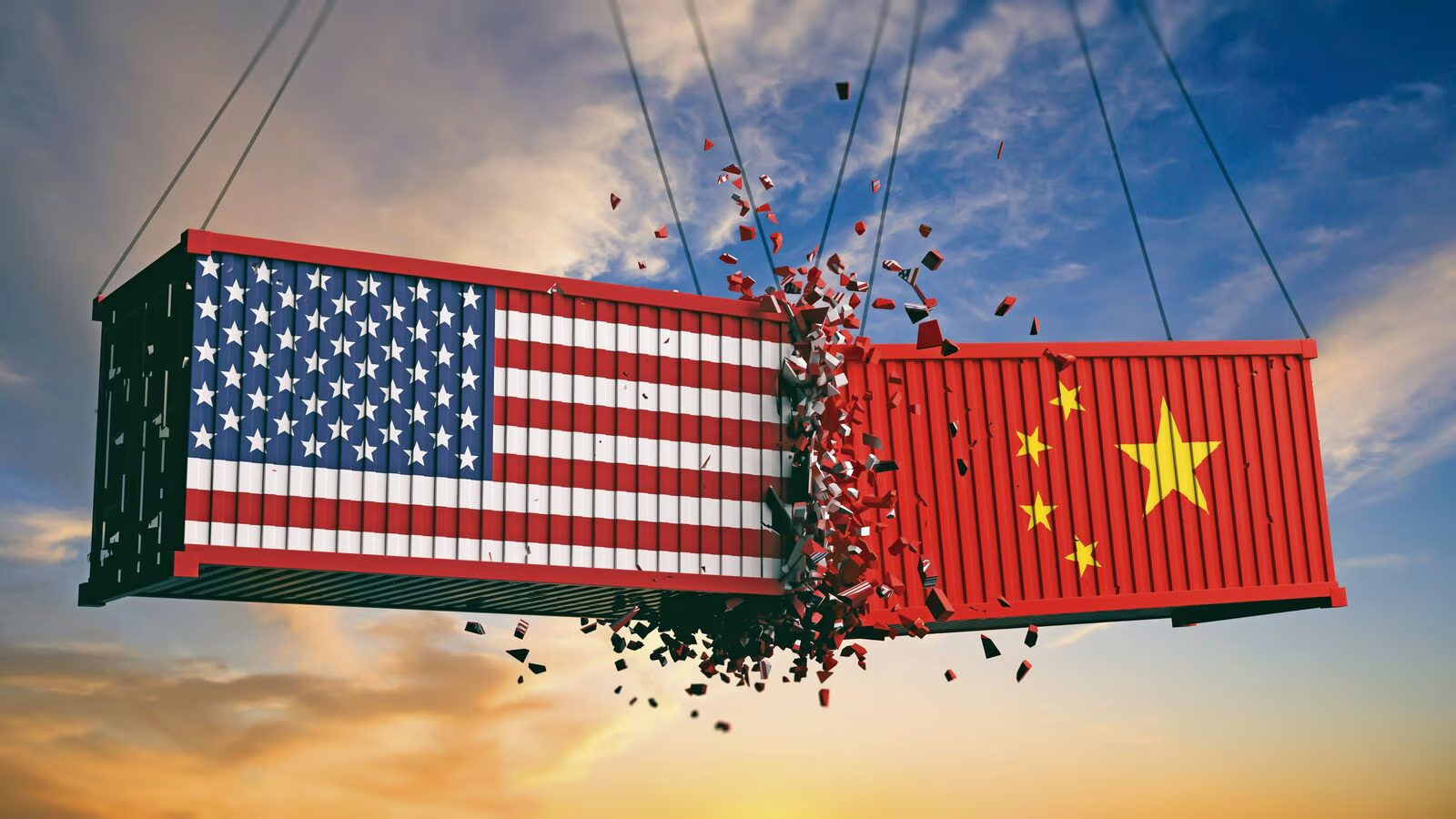
Trump’s New Tariffs on China, Canada, and Mexico: What It Means for You
If you’ve been keeping an eye on the news lately, you’ve probably heard about President Trump’s new tariffs on China, Canada, and Mexico. It’s all part of an escalating trade war that’s making headlines around the world. But what does it really mean for everyday folks like us? Let’s break it down in simple, clear language.
What Are Tariffs, Anyway?
Before we dive into the details, let’s make sure we’re on the same page. Think of tariffs like taxes – but instead of paying them when you get a paycheck, companies pay them when they bring goods into the country. Imagine if you had to pay an extra fee every time you bought something from another neighborhood. It’s kind of like that!
Why Did Trump Put New Tariffs in Place?
President Trump says he’s using tariffs as a tool to protect American businesses and workers. The idea is that by making imported products more expensive, people will be more likely to buy American-made goods instead. Sounds simple, right?
However, trade is a two-way street. When one country puts tariffs on another, it often leads to retaliation – kind of like when one kid steals another kid’s lunch and gets pushed right back. And that, my friend, is how a trade war starts.
Who’s Feeling the Heat?
The new tariffs hit products from China, Canada, and Mexico. And it’s not just big companies that are feeling the pinch – prices could be going up for regular people too. We’re talking about everyday items like:
- Appliances like washing machines and refrigerators
- Cars and auto parts
- Farm products, like pork and soybeans
- Aluminum and steel goods
Ever tried fixing your house and found out the prices for materials skyrocketed? Imagine that happening all around the country. That’s the ripple effect tariffs can have.
How Are Other Countries Responding?
No surprise here – China, Canada, and Mexico didn’t just sit back and accept the tariffs. They fought back by imposing their own tariffs on American goods. It’s like a bad game of ping pong, but instead of balls, they’re hitting each other with taxes!
For example:
- China slapped tariffs on American soybeans, pork, and cars.
- Canada targeted U.S. items like whiskey, yogurt, and even ketchup!
- Mexico went after American steel, pork, and cheese.
It’s a tit-for-tat situation, and honestly, no one wins in a trade war. It just means higher costs and more uncertainty for everyone involved.
What Could This Mean for the Economy?
At first, some thought the tariffs could help American companies by shielding them from foreign competition. But many experts are warning that if the trade war continues, it could slow down the economy.
Here’s why:
- Higher prices for consumers (that’s us!)
- More costs for businesses trying to buy materials
- Potential job losses, especially in industries that rely on exports
Imagine you’re running a small business that sells farm equipment. If steel prices jump because of tariffs, you’ll either have to raise your prices (and hope your customers stick around) or eat the extra costs yourself. Neither option sounds fun, right?
Will This Affect You Personally?
Short answer: probably.
Whether you’re shopping for a new car, buying a fridge, or picking up groceries, you might notice prices creeping up. On top of that, if you work in a job tied to manufacturing, farming, or exporting, your company could feel the pressure too.
Take my neighbor Joe for example. He owns a small auto parts store. He’s already had suppliers call him up, warning him about price hikes because their imported parts are getting more expensive. Joe’s worried he might have to raise his prices – and maybe lose some customers along the way.
Is There a Way Out of the Trade War?
There’s always a chance that countries could sit down at the negotiating table and work things out. It’s a little like two friends who have been fighting and realize they’re better off making peace. If that happens, tariffs could be rolled back, and things might settle down.
But for now, it looks like we’re in the thick of it. And that means it’s more important than ever to stay informed and understand how these big political moves can touch our everyday lives.
Final Thoughts: Buckle Up, Folks
The bottom line is, Trump’s new tariffs on China, Canada, and Mexico are more than just political drama playing out on the evening news — they have real, tangible effects on all of us. From the cost of groceries to the price of a new car, we’re likely to feel the impact.
It’s a good time to pay a little more attention to where products come from and maybe even support local businesses when you can. After all, every little bit helps when the economy is trying to navigate stormy waters.
What do you think? Have you already noticed prices going up? Or maybe your job’s been affected? I’d love to hear your story in the comments!
—
Pro Tip: Keep an eye on the news and economic reports. The more you know, the better you can plan for whatever twists and turns might come next.
Thanks for reading, and don’t forget to share this post with your friends who might be wondering why everything seems a little more expensive these days!



What is going on, I think, with the current behaviour of US there will war